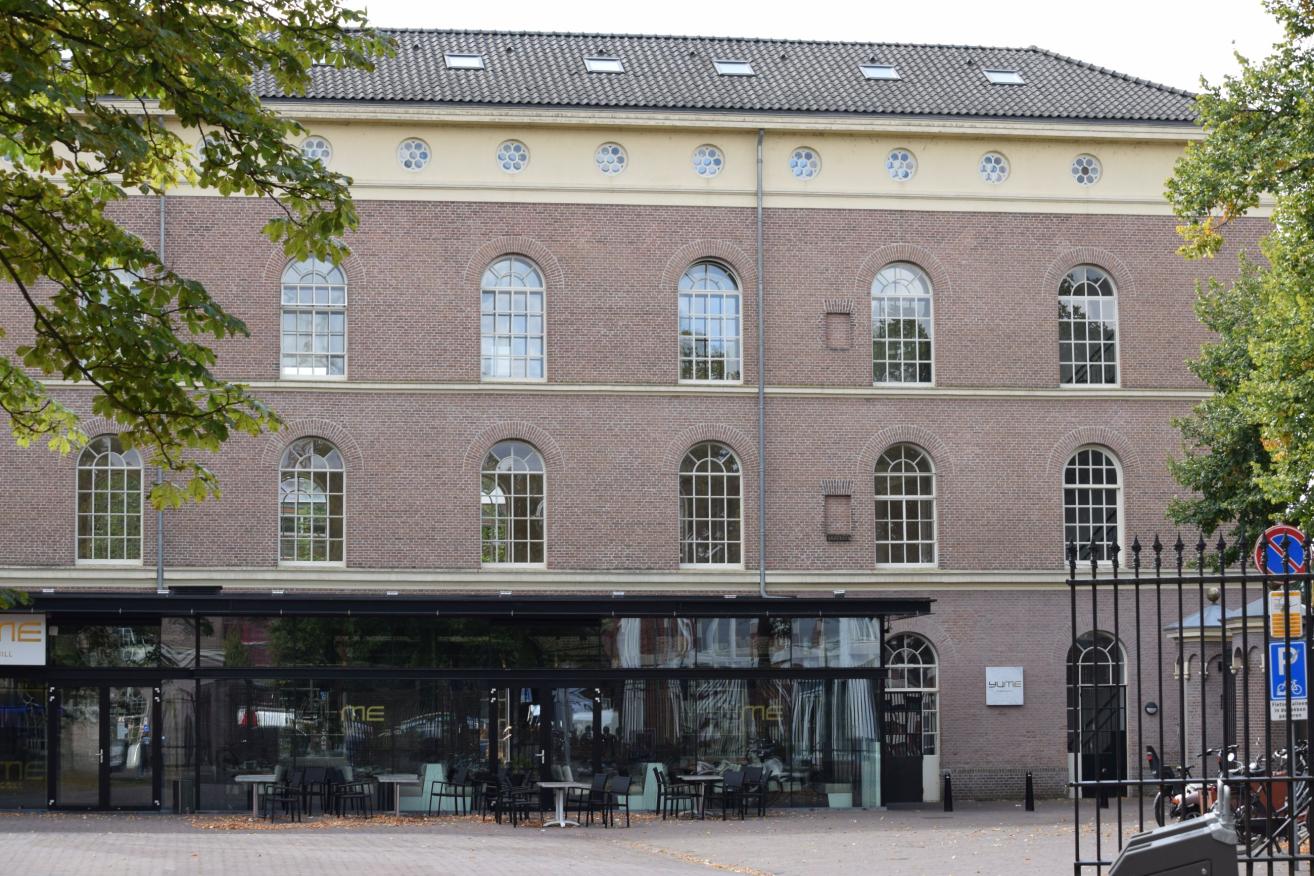Investing in Real Estate Funds Professional management and transparency for long-term value
A real estate fund offers investors the opportunity to jointly invest in professionally managed commercial property in the Netherlands. Instead of buying and maintaining properties individually, participants invest in a regulated investment fund in which the real estate is collectively owned and professionally managed. This allows investors to benefit from stable rental income and long-term value appreciation, while maintaining transparency and risk control.
What is a Real Estate Fund
A real estate fund is an investment vehicle through which multiple investors collectively invest in one or more real estate assets, such as offices, retail properties, logistics centres, or light-industrial buildings. The rental income from these properties forms the basis for the direct return, while any increase in value upon sale provides indirect returns.
Dutch real estate funds can be structured as Closed Funds for Mutual Account (BFGR), allowing fiscal transparency. This means the fund itself does not pay corporate income tax, and income and costs are allocated directly to the investors. This structure combines fiscal clarity with legal protection, as the fund’s assets remain strictly segregated from those of the fund manager.


Professional Management and Supervision
Real estate funds in the Netherlands may fall under the supervision of the Dutch Authority for the Financial Markets (AFM). In such a case, a licensed fund manager is responsible for day-to-day management, while an independent depositary monitors all cash flows and ensures that investors’ funds are used solely in accordance with the fund’s objectives.
In addition, the assets are periodically valued by certified valuation experts, ensuring that valuations remain independent and transparent. This structure provides investors with clear insight into the supervisory and governance framework that governs their investment, an essential aspect of responsible investing.
Why invest in Real Estate funds
A real estate fund provides a structured way to invest in property, combined with the convenience and expertise of professional management.
- Access to high-quality Real Estate
Funds invest in quality real estate assets with stable lease contracts. For individual investors, this offers the opportunity to achieve diversification across such properties.
- Risk diversification
By including multiple tenants, sectors, or regions in the portfolio, fund managers achieve a level of diversification that would be difficult to realize through direct property ownership. - Professional property management
Managers pursue active value-creation strategies, including lease optimization, maintenance, sustainability improvements, and redevelopment. - Transparency and oversight
Investments in regulated real estate funds are monitored by independent parties, providing investors with insight into asset values, cash flows, and risks.
Risk management as a Core Principle
Investing in real estate always carries risks, such as market fluctuations, interest rate increases, vacancy, or valuation changes. Professionally managed real estate funds actively manage these risks through several measures.
- Active management and quality asset selection
A key advantage of investing through a professional fund is that properties are selected based on location, quality, tenant stability, and long-term viability.
Through active asset management, such as renegotiating leases, implementing sustainability projects, and managing maintenance, the fund aims to preserve property value even in changing market conditions.
- Governance, oversight, and legal protection
Investor capital in a real estate fund is legally segregated from the manager’s assets and monitored by an independent depositary. All cash flows are reviewed and approved in accordance with AIFMD (Alternative Investment Fund Managers Directive) standards, providing strong safeguards for security, transparency, and investor protection. This is a key distinction from non-regulated real estate initiatives.
Returns, duration, and liquidity
A real estate fund is generally a medium- to long-term investment, typically with a horizon of five to ten years.
During this period, investors receive periodic distributions from rental income (cash yield) and may realize capital gains (indirect returns) upon sale of the property.
Liquidity in real estate funds is limited: participations are usually not traded daily.
Therefore, these funds are most suitable for investors who wish to allocate part of their capital to tangible, long-term assets.
Investment strategy and Property types
Professionally managed real estate funds generally focus on commercial property such as multi-tenant offices, light-industrial buildings, retail spaces, or logistics centres.
The choice of segment depends on factors such as economic growth, location, sustainability, and tenant dynamics.
Funds typically maintain a conservative financing strategy (moderate loan-to-value), ensuring stable cash flows even during interest rate fluctuations. This creates a balance between income generation, value preservation, and risk management, well suited to long-term investment in the real economy.
Returns, duration, and liquidity
A real estate fund is generally a medium- to long-term investment, typically with a horizon of five to ten years.
During this period, investors receive periodic distributions from rental income (cash yield) and may realize capital gains (indirect returns) upon sale of the property.
Liquidity in real estate funds is limited: participations are usually not traded daily.
Therefore, these funds are most suitable for investors who wish to allocate part of their capital to tangible, long-term assets.

Professional Management and Supervision
Real estate funds in the Netherlands may fall under the supervision of the Dutch Authority for the Financial Markets (AFM). In such a case, a licensed fund manager is responsible for day-to-day management, while an independent depositary monitors all cash flows and ensures that investors’ funds are used solely in accordance with the fund’s objectives.
In addition, the assets are periodically valued by certified valuation experts, ensuring that valuations remain independent and transparent. This structure provides investors with clear insight into the supervisory and governance framework that governs their investment, an essential aspect of responsible investing.
Notification
Please note that this information is not directed at, and should not be construed as an offer or invitation to, citizens or residents of countries outside the European Union, including – but not limited to – the United States, the United Kingdom, Canada, and Switzerland.
ER Capital makes no representation that this offer or the information provided complies with the laws or regulations of any jurisdiction outside the EU. Individuals accessing this information from outside the EU are solely responsible for ensuring that they are permitted to do so and that participation in such a fund is legally permissible in their jurisdiction.
